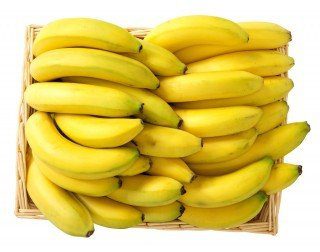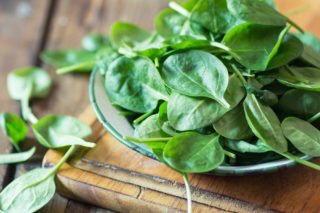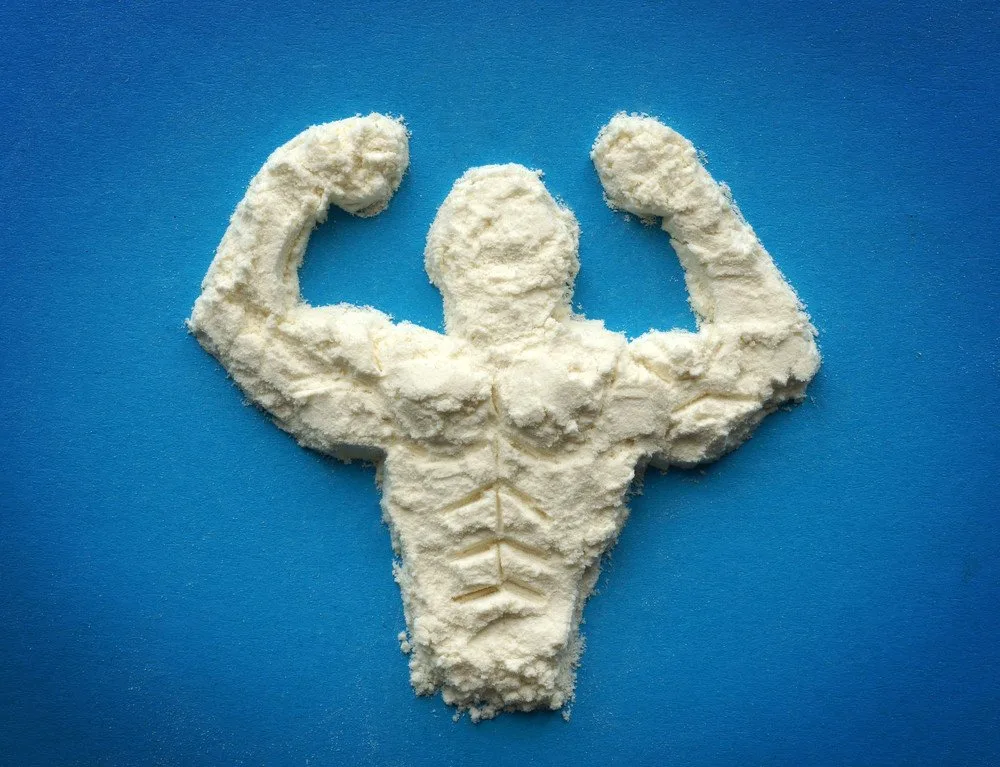Amino acids are the building blocks of proteins of which the human body needs 20 to grow and function properly. Amino acids are categorized into three groups – essential, conditionally essential, and nonessential. As their name suggests, essential amino acids are vital for a number of internal body processes that include the synthesis of hormones and neurotransmitters. However, these amino acids are not produced by the body (unlike non-essential amino acids) thus they need to be obtained from the foods we eat.
This article will list the nine essential amino acids, their functions as well as their dietary sources.
The nine essential amino acids
1. Histidine
Although histidine wasn’t considered an essential amino acid at first, this all changed when it was revealed that adequate levels of histidine are needed by children for proper growth and development. Not only does histidine help produce red and white blood cells(vital for immunity) but it also supports brain health and neurotransmitters by maintaining the myelin sheath – a protective barrier that surrounds your nerve cells, thus ensuring the transmission of messages from your brain to organs throughout your body. 
Foods that contain high levels of histidine include beets, carrots, celery, spinach, buckwheat, bananas, cantaloupe, as well as mushrooms, and salmon.
2. Isoleucine
Isoleucine, along with two other amino acids, is a branded-chain amino acid – it has a chain branching off to one side of its molecular structure. It is needed for various internal processes that include muscle repair and hemoglobin production. The body needs hemoglobin as it helps to transport iron into the blood and regulates blood sugar. Isoleucine can be found in whey protein isolate, seaweed, egg whites, tuna, and turkey.
3. Leucine
Leucine, like isoleucine, is a branded-chain amino acid. It helps ensure optimal muscle health by stimulating muscle strength and growth. Furthermore, this amino acid helps slow muscle deterioration as we age. It also protects from fatigue and helps regulate blood sugar levels. Leucine can be found in pumpkin seeds, soybeans, Parmesan cheese, and white beans.
4. Lysine
Lysine is especially important for bone health as it reduces the amount of calcium being removed from the body through urine. Not only is it also necessary for the production of collagen and elastin, but it helps boost muscle repair as well as support the immune system. Foods that contain lysine include tempeh, lentil, pistachio, soy milk, amaranth, and shrimp.
5. Methionine
 Methionine is vital for the growth of muscles and new blood vessels. Furthermore, it contains sulphur, which can help boost tissue and muscle health. Methionine also helps the body better absorb the minerals zinc and selenium. Moreover, this amino acid plays an antioxidant role by helping the body detox and metabolize. Dietary sources of methionine include Brazil nuts, cereal grains, egg whites, salmon, and spinach.
Methionine is vital for the growth of muscles and new blood vessels. Furthermore, it contains sulphur, which can help boost tissue and muscle health. Methionine also helps the body better absorb the minerals zinc and selenium. Moreover, this amino acid plays an antioxidant role by helping the body detox and metabolize. Dietary sources of methionine include Brazil nuts, cereal grains, egg whites, salmon, and spinach.
6. Phenylalanine
Once it enters the body, phenylalanine transforms into the amino acid tyrosine which can positively impact mood and mental health. Tyrosine helps to make several substances that include dopamine, adrenaline, thyroid hormones, and melanin. Foods high in phenylalanine include soybeans, Parmesan cheese, pumpkin seeds, pinto beans, and cooked tuna.
7. Threonine
Threonine is the amino acid that’s needed for the development of bones, cartilage, hair, teeth, and nails. As a result, threonine can help speed up wound healing as well as recovery time.
Threonine also helps to create the amino acids glycine and serine- both aid in the production of elastin, collagen, and muscle tissue. Moreover, threonine encourages the production of antibodies, which in turn supports the immune system. Foods rich in threonine include turkey, salmon, chickpeas, lentils, sunflower seeds, and quinoa.
8. Tryptophan
Tryptophan is viewed as the sleep amino acid as it promotes healthy sleeping patterns. Furthermore, tryptophan is needed for the production of the hormone serotonin- which helps to boost mood, as well as combat depression. According to one study published in the journal Psychiatry Research, a low level of tryptophan may be a precursor to anxiety. Tryptophan can be found in milk, squash seeds, chocolate, oats, dried dates, and lentils.
9. Valine
Valine, like leucine, is a branded-chain amino acid. It is needed for the growth and repair of muscles. Valine accomplishes this by supplying muscles with glucose – which is essential for endurance and overall muscle health. It also protects the liver by regulating its level of nitrogen. Foods rich in valine include cottage cheese, mushrooms, lentils, and peanuts.
As these acids are present in protein foods, the recommended intake of amino acids are made in terms of daily recommended protein intake- which vary from person to person. Although there are only a few foods that contain all nine amino acids (such as quinoa and soy products), by incorporating the various foods into your diet, you can ensure that your body gets all the amino acids it needs.



![women [longevity live]](https://longevitylive.com/wp-content/uploads/2020/01/photo-of-women-walking-down-the-street-1116984-100x100.jpg)










